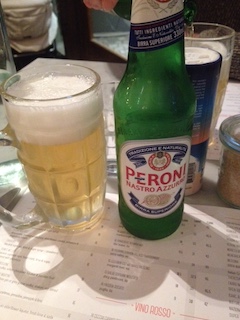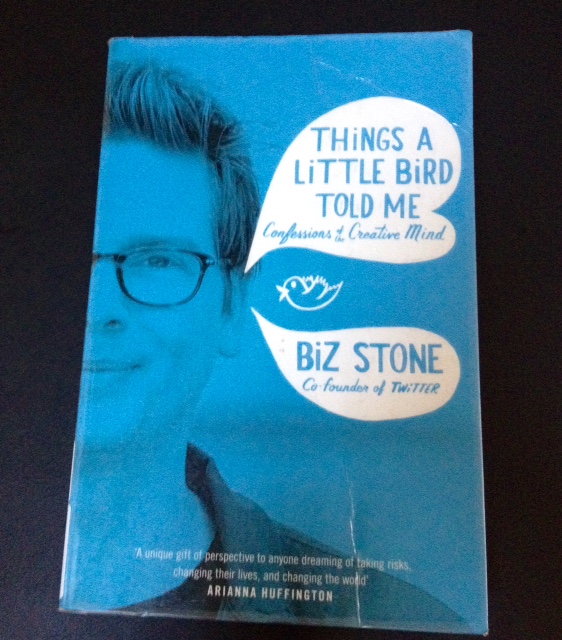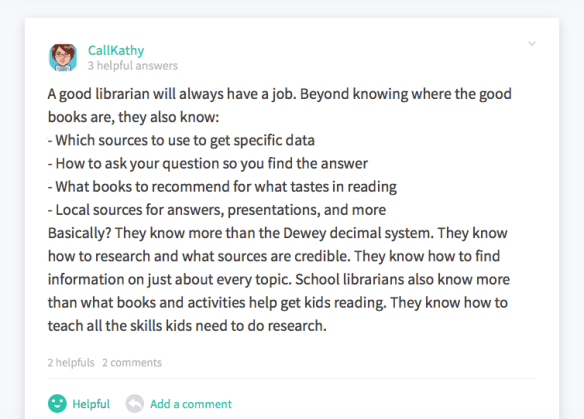The father of library science, Dr. S. R. Ranganathan, defines the term ‘library’:
“A library is a public institution or establishment charged with the care of a collection of books and the duty of making them accessible to those who require to use them and the task of converting every person in its neighbourhood into a habitual library goer and a regular reader.”
“A building or room containing collections of books, periodicals, and sometimes films and recorded music for the use or borrowing by the public or the members of an institution.”
“A building, room, or organization that has a collection, especially of books for people to read or borrow, usually without payment.”
“A library is a curated collection of sources of information and similar resources, selected by experts and made accessible to a defined community for reference or borrowing. It provides physical or digital access to material and may be a physical location or a virtual space, or both.”
Nowhere are the words ‘programs’, ‘events’, ‘performance’, ‘show’, or ‘hub’ mentioned.
It is a sad day when a library collection is being arbitrarily shoved aside to make room for random artists to show-off. And these significant decisions are being made not by ‘experts’. Not by Library Professionals. Not by the people who are educated and qualified and comprehensively appreciate the importance of a properly functioning library with an appropriately curated collection.
A Library is not a hall, or a meeting place, or an auditorium. It is not a place where individuals ‘perform’. That is a different place: maybe an Arts Centre, or a public hall.
In trying to reinvent themselves to assure a slice of public funding, public libraries have done a disservice in trying to be all things to all people. Basic storytime has morphed into miked-up performance to a large crowd expecting a ‘show’. While you can’t deny the popularity of storytime sessions in every public library across the nation, it has raised the expectation to put on a show for every single event, week, cause, and celebration.
Science Week becomes an opportunity for a Science Show complete with explosions. Children’s Book Week invites character dress-ups, but also another “show” based on the theme.
These examples are relevant in the library space, but now “they” expect this every week for every random idea or theme. Libraries exist on the premise of inclusivity. But where are the ‘collections’ in all of this? Where are the books? Where are the spaces for investigation, learning, study, and contemplation? Where is the avenue for the Self-Initiated Lifelong Learning Experiences?
I don’t believe all people are lazy and mindless and willing to sit back and be delivered an idea through a performance. All people are creative and wish to activate their own thing.
I believe libraries need to focus on the very core definition of a ‘library’ in order to reinvent themselves, and not accept the current coercion that reduces the library to a day centre, performance space, community hub, and marketing opportunity.
I am a book lover and perpetually curious about this life. I love to read and investigate. I can do some of that online, but I also like to delve into a physical book, being unplugged, sitting under a tree, holding the book in my hand, turning the pages, absorbed in the unfolding story. This story inevitably leads to further investigation and more reading resources as I delve and learn further.
Public libraries need help from everyone as public funds are being redirected and usurped into other areas by people not qualified, or educated to understand the elemental and crucial function of a ‘Library’. If there are no books, regardless of the format, it is NOT a library!
Me and many other Library Professionals like me have worked hard and conscientiously for libraries for many years, but I fear that public libraries won’t be there when I am retired and looking for a good book to borrow.
Public Libraries RIP.










